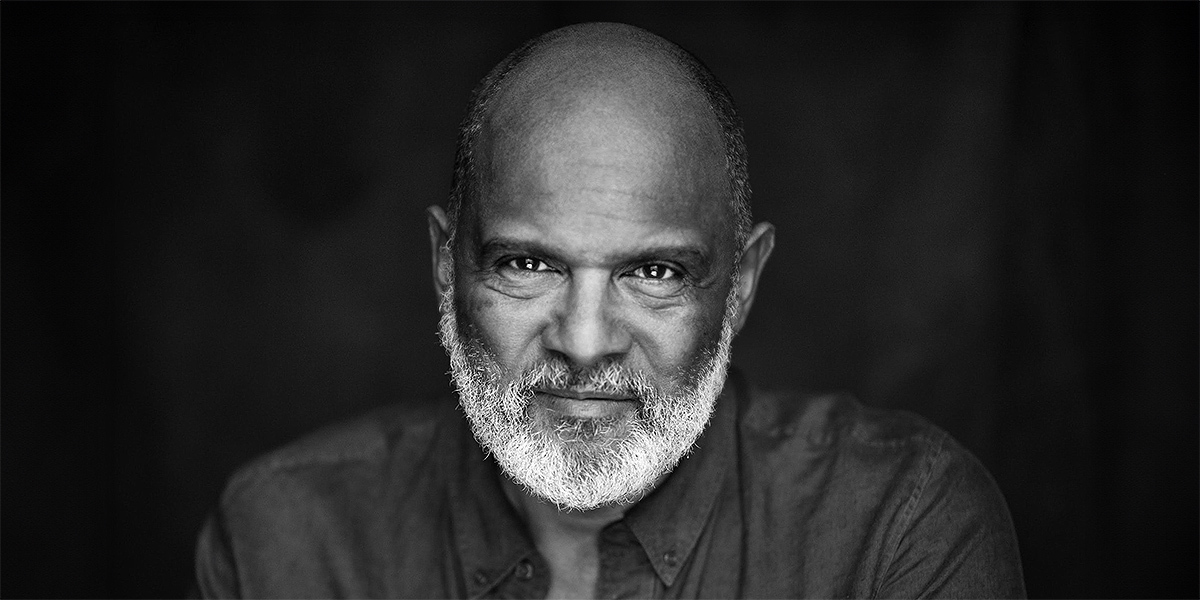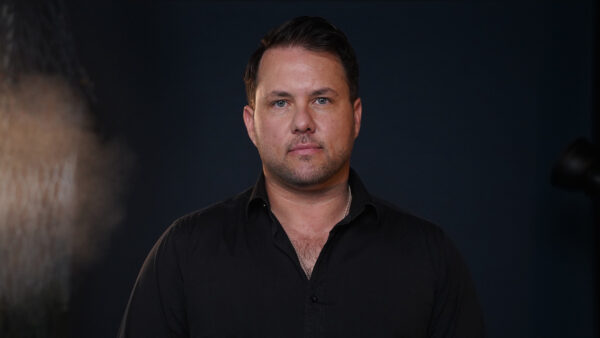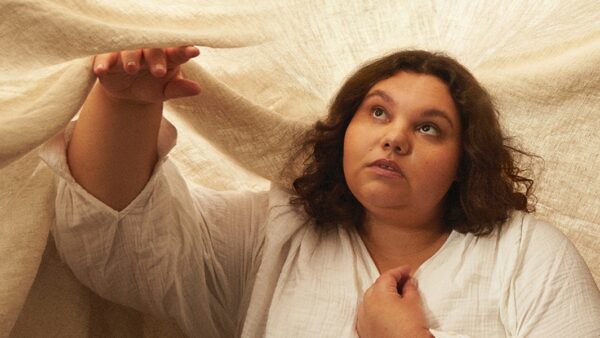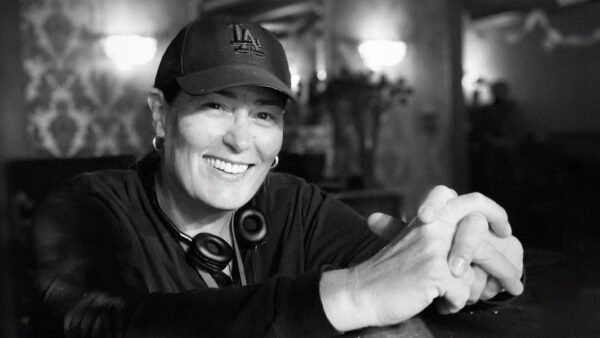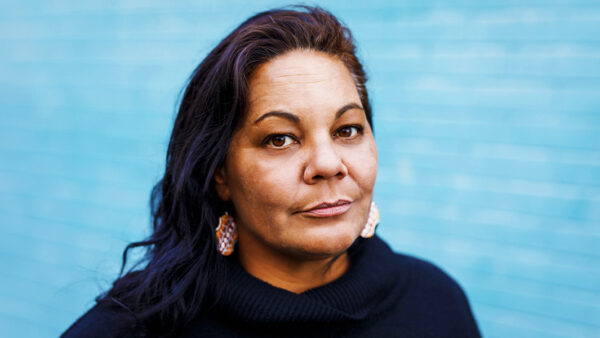Tony Briggs of the Yorta Yorta and Wurundjeri nations was a born storyteller, he says. “I wanted to be a part of something that I saw on the screens when I was a very young lad.”
Growing up immersed in a culture of storytelling, and seeing actors like David Gulpilil (Walkabout, The Tracker, Storm Boy) on screen had a profound impact on a young Tony. “I saw David Gulpilil’s early films and thought that’s want I want to do.”
But no one had a bigger impact on Tony than his beloved aunt, Hyllus Maris; an activist, poet, mentor and award-winning screenwriter.
What really solidified the idea of becoming an actor and storyteller for Tony was the 1981 television drama Women of the Sun, co-written by his aunt Hyllus, which detailed the lives of four Aboriginal women from the 1820s to the 1980s in Australian society. “When I saw that show, I was so inspired; she [Hyllus] inspired me so much…She is the only person who actually said to me, ‘If you want to, you can write, you can do this’.”

Tony had all the hunger and desire to create meaningful work but was soon met by the unique challenges and realities of the industry. “It was really challenging. In particular, being a First Nations creative in those days. A lot of people don’t appreciate or understand that the opportunities that exist today for actors, dancers, writers, directors, producers, just did not exist when I was starting out.”
With each knockback or closing door, Tony found a way to open another. That was in thanks to the great First Nations creatives who kicked down the doors before him, he believes.
“I think it’s really important to understand that who I am now as a creative – who I am now as an actor, writer, producer, director – would not have been, and will not continue to be possible, if not for the people kicking down those doors before me.”
Tony Briggs

Alongside his aunt Hyllus, the late great Justine Saunders, Uncle Bob Maza and Oodgeroo Noonuccal each played a pivotal role in encouraging Tony’s creative trajectory and motivating his political activism in the work he creates. “I’m always at pains to pay homage to them…They worked as a unit in many respects, and they worked in their own ways as individuals, but it was always for the common cause. And that was the advancement of Aboriginal people.”
There’s a long list of other First Nations artists who were instrumental is redefining community expectations of the day, Tony says. “These people were instilling a belief in our communities all over the country that we have something important to say, we have our own voice.” People like Uncle Bob and Aunty Justine were national icons to the Aboriginal community and helped steward an important chapter in Australia’s performing arts history. It’s a narrative that is easily forgotten, Tony believes.
“My bottom line is, I felt empowered because of them. And because I felt empowered, I was able to operate in a space that was ordinarily reserved for non-Indigenous people.”
Tony Briggs
The ability to perform alongside other First Nations actors and artists, predominantly onstage, also inspired a great deal of confidence, Tony explains. “We laughed at the same things, got angry at the same things and cried at the same things. And we had fun. We understood each other. It was a kind of shorthand.”
With this confidence, and many, many conversations with his mother and aunt, Tony started drafting the stage play of The Sapphires in 2004. The Sapphires charts the story of four Yorta Yorta women who in 1968 toured Vietnam as part of a singing group. The play was inspired by Tony’s mum and aunt’s real-life experiences travelling to Vietnam to perform for soldiers during the Vietnam War. The Sapphires later evolved into the critically acclaimed 2012 feature film, which premiered at Cannes Film Festival and scooped up a bevy of international awards.
With numerous successful acting, writing, directing and producing credits under his belt, in 2019, Tony added Film Festival Artistic Director to his list of accomplishments. Birrarangga Film Festival celebrates global Indigenous films that explore the curatorial themes of strength, resilience and the environment, creating a vital space for First Nations filmmakers and films to be played biennially in Naarm (Melbourne).

The concept for this particular film festival had been brewing for decades, Tony says. The real catalyst came in the wake of The Sapphires release. “I agreed to this deal that had given a production company the sole rights [of the film]. Essentially, I sold the rights over my family’s story – in perpetuity – and there was a lot of frustration around that for me.” Tony felt hoodwinked by the business side of the film industry and decided to start his own production company, Typecast Entertainment, to circumvent a similar situation occurring in the future and to make sure other First Nations artists kept their power and stories.
The core vision of Birrarangga Film Festival is similarly dedicated to profiling First Nations filmmakers from all over the world and making their stories accessible to new audiences. “The main drive of Birrarangga is to give visibility to storytellers who ordinarily don’t get their films screened,” explains Tony. “To be a part of providing a voice for their stories, that’s been a big draw for me.”
Tony is currently performing in a modern adaption of Macbeth for the stage, returning to his roots as a character performer, whilst simultaneously plotting away on several exciting projects at Typecast Entertainment. He doesn’t necessarily see himself as a leader in his field, but he values the love and appreciation he gets from younger people. “I’m just busy trying to get my work done,” he says. “I keep pushing forward, and when the opportunity presents itself, the first thing I try to do is create opportunities for others and bring them along with me wherever possible.”
Learn more about partnering with talented Victorian screen creators like Tony. Contact VicScreen’s Head of Incentives & Production Support Joe Brinkmann at [email protected]
